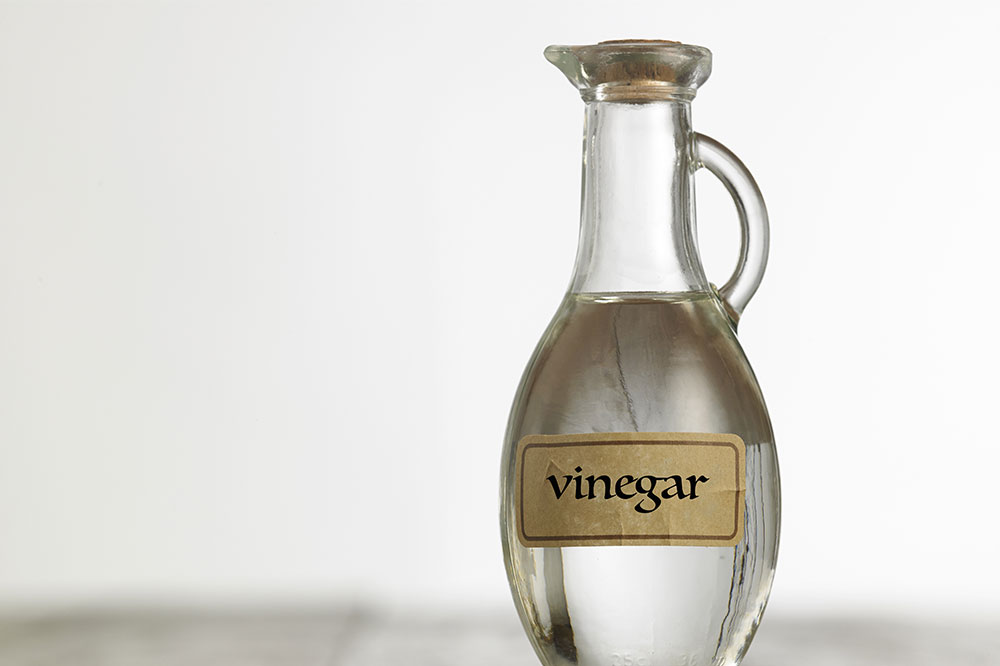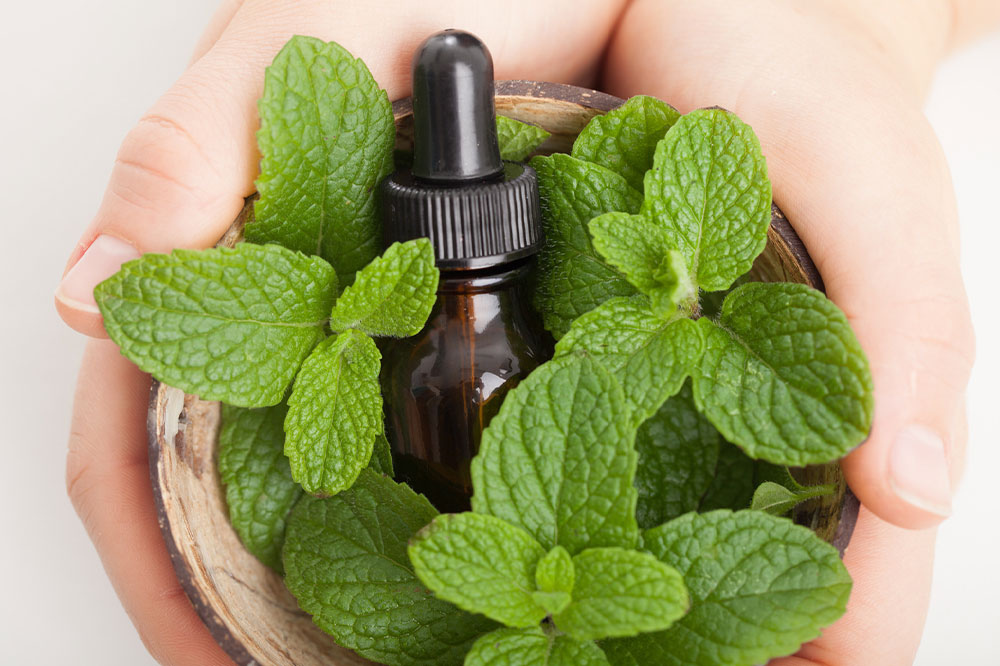Effective Natural Remedy: Using White Vinegar for Ant Deterrence
Discover how white vinegar can be an effective, natural method for deterring ants and other pests. Learn practical application tips, prevention strategies, and why combining vinegar with sanitation is essential for long-term pest control. Cost-effective and eco-friendly, vinegar offers a simple solution for keeping your home pest-free.

Harnessing White Vinegar to Keep Ants Away — Strategies and Tips
With over 12,000 ant species globally, most are harmless but can carry bacteria that spread illnesses in your home. While professional pest control is effective, it can be costly. Luckily, natural alternatives like white vinegar offer a safe, affordable solution for repelling ants and other pests.
White vinegar as an ant deterrent
Ants rely heavily on their sense of smell to locate food. The intense acidity of vinegar disrupts this ability, confusing their navigation and encouraging them to move away. Additionally, vinegar destroys chemical trails left by scout ants, preventing other workers from following and establishing new nests. For best results, only white vinegar should be used, as apple cider vinegar's sweet aroma may attract more ants.
White vinegar can also repel pests like mice, spiders, raccoons, and squirrels. However, vinegar alone isn't a permanent fix for ant issues; combining it with sanitation practices and sealing entry points is essential for prevention.
Methods to apply vinegar for pest control
Because white vinegar is a household staple, here are simple ways to use it:
Homemade vinegar spray
Mix equal parts white vinegar and water in a spray bottle, preferably glass to minimize residue. Spray on areas prone to ant activity—kitchen counters, baseboards, damp spots like bathrooms, and entry points like windows and doors. Target ant trails directly to disrupt them and kill active ants. This spray can also be used in the garden on plants, avoiding edible parts, to help manage plant pests and keep outdoor ant populations in check.
Vinegar-soaked cotton balls
Identify ant entry points and place soaked cotton balls filled with vinegar at these openings. They act as physical barriers and scent repellents until sealed. Replace weekly for sustained effectiveness. You can also place cotton balls near indoor plants if they are sensitive to acids, but avoid spraying directly on edible parts.
Is vinegar a long-term solution?
As vinegar primarily repels via scent, it isn't a lasting fix. Regular application is necessary, which can be labor-intensive. Persistent pest-friendly environments with accessible food and water will attract ants repeatedly. Certain smells, such as sweet foods, perfumes, and greasy residues, may even attract ants, undermining efforts. To reduce infestations, seal entry points, keep areas clean, and eliminate attractants like uncovered food, trash, and overgrown shrubs.
Preventive tips
Seal cracks, use bait traps, and maintain cleanliness to keep ants at bay. Specific steps include:
Promptly clean spills
Store food properly
Dispose of trash regularly
Wash dishes immediately
Elevate pet food bowls
Repair leaks to eliminate damp hiding spots
Note: Our content offers general advice, but results may vary. Always combine vinegar approaches with good sanitation and sealing efforts for best pest prevention. The information provided is for informational purposes and not a substitute for professional pest management.









